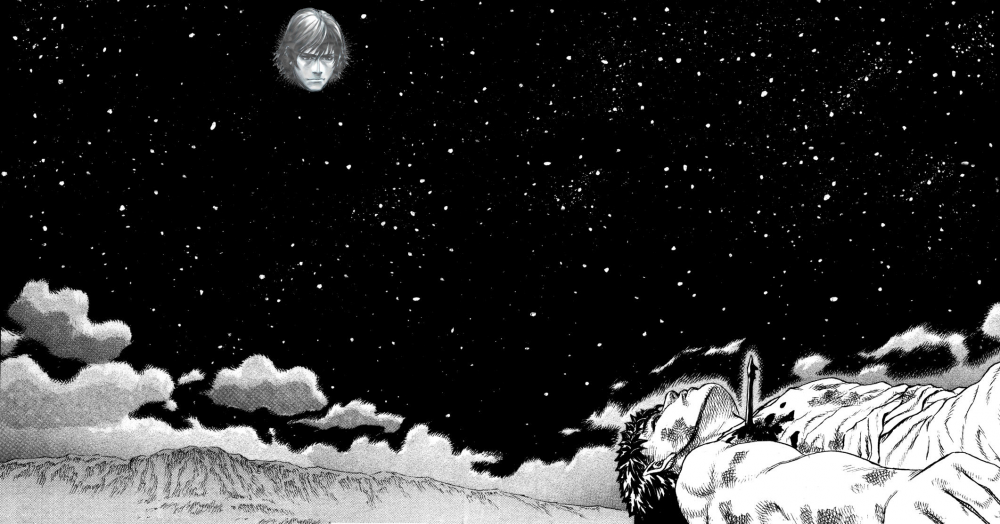Artist: The Seatbelts
Genre: TV soundtrack, jazz (hard bop, big band, swing), blues, folk, lounge, drum & bass, choral, jazz pop, pop rock
Label: Victor Entertainment
Producer: Yoko Kanno
COWBOY BEBOP
Released: 21 May 1998
Length: 53:27
Best Track: Space Lion
TRACKS:1) Tank!; 2) Rush; 3) Spokey Dokey; 4) Bad Dog No Biscuits; 5) Cat Blues; 6) Cosmos; 7) Space Lion; 8) Waltz for Zizi; 9) Piano Black; 10) Pot City; 11) Too Good Too Bad; 12) Car 24; 13) The Egg and I; 14) Felt Tip Pen; 15) Rain; 16) Digging My Potato; 17) Memory
COWBOY BEBOP: NO DISC
Released: 21 October 1998
Length: 53:43
Best Track: Green Bird
TRACKS: 1) American Money; 2) Fantasie Sign; 3) Don’t Bother None; 4) Vitamin A; 5) Live in Baghdad; 6) Cats on Mars; 7) Want It All Back; 8) Bindy; 9) You Make Me Cool; 10) Vitamin B; 11) Green Bird; 12) Elm; 13) Vitamin C; 14) Gateway; 15) The Singing Sea; 16) The Egg and You; 17) Forever Broke; 18) Power of Kung Food Remix
COWBOY BEBOP: BLUE
Released: 1 May 1999
Length: 1:10:54
Best Track: Blue
TRACKS: 1) Blue; 2) Words That We Couldn’t Say; 3) Autumn in Ganymede; 4) Mushroom Hunting; 5) Go Go Cactus Man; 6) Chicken Bone; 7) The Real Man; 8) NY Rush; 9) Adieu; 10) Call Me Call Me; 11) Ave Maria; 12) Stella by Moor; 13) Flying Teapot; 14) Wo Qui Non Coin; 15) Road to the West; 16) Farewell Blues; 17) See You Space Cowboy







